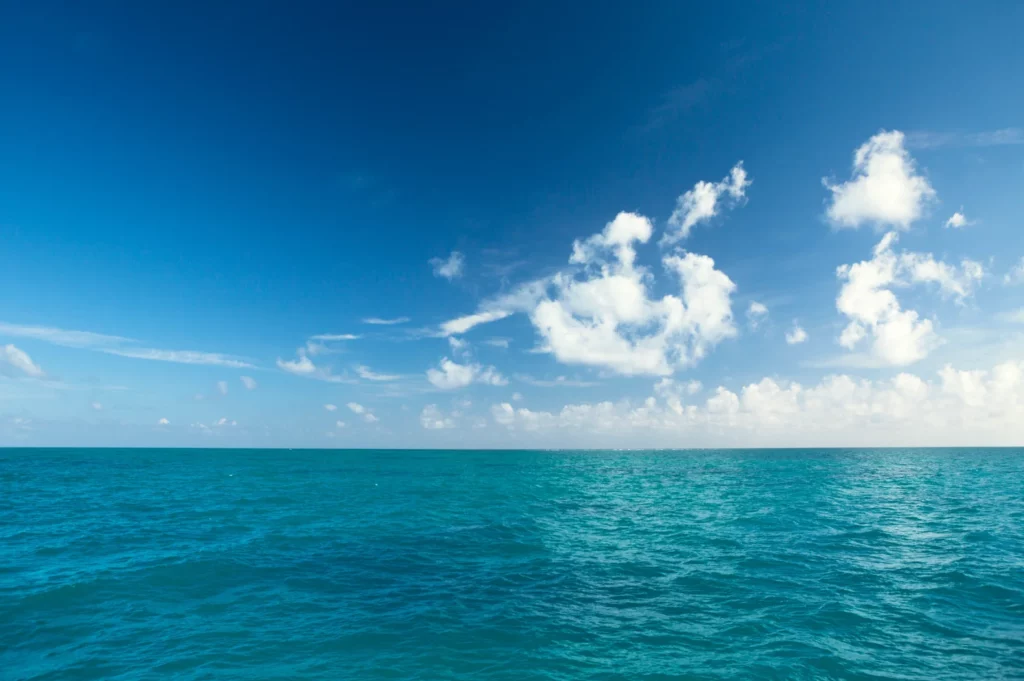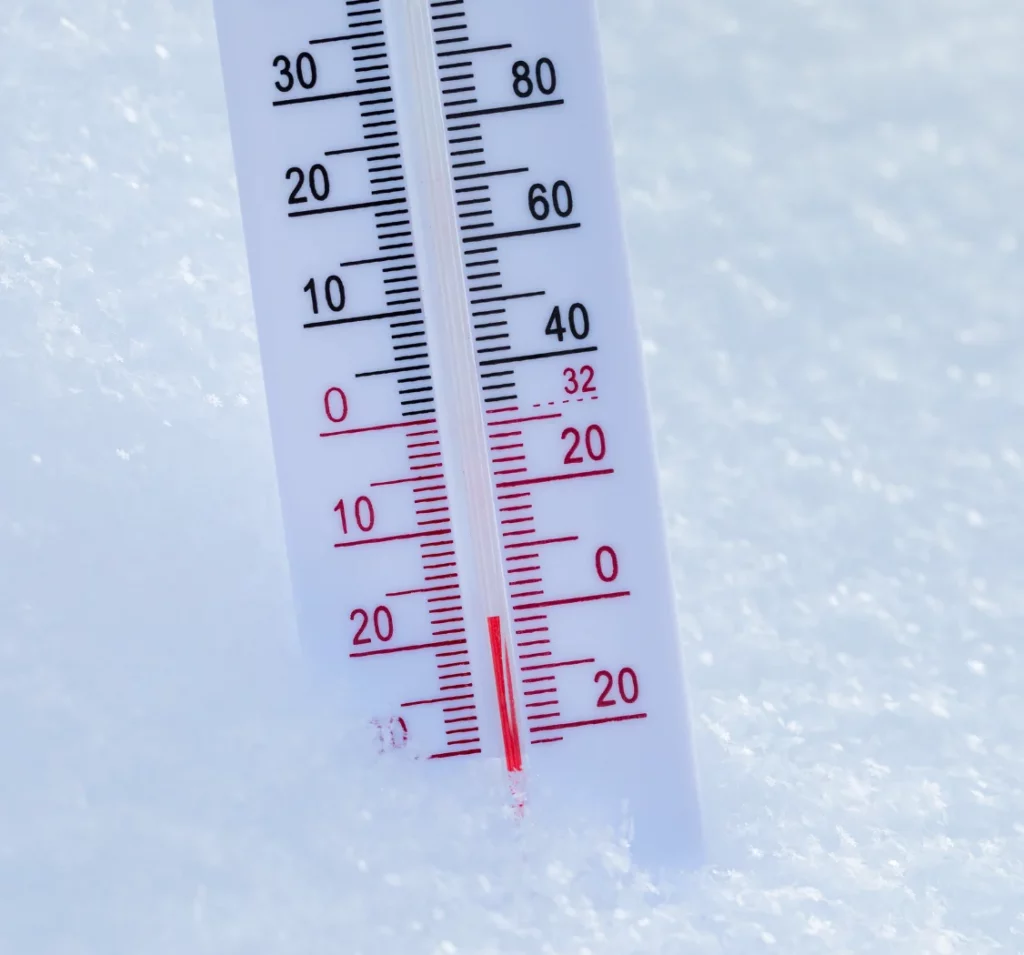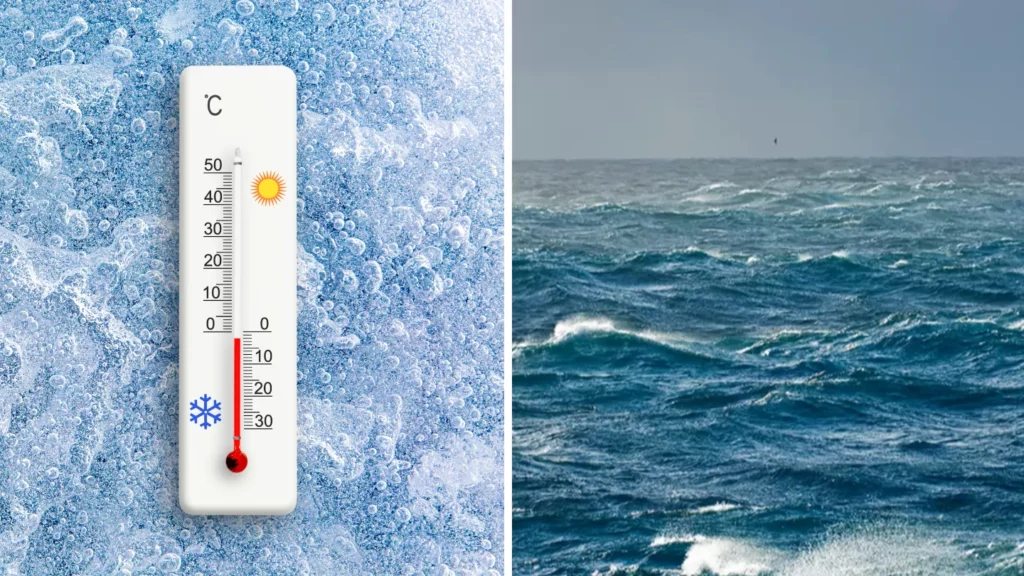For months, scientists have been astonished by a strange event in the Atlantic Ocean. Despite rising temperatures and climate change fears, a large area has abruptly begun cooling at an unprecedented rate.
This unexpected drop has researchers wondering what’s going on beneath the surface. Throughout 2023 and early 2024, the Atlantic saw record-breaking temperatures.
These changes are consistent with global tendencies of warming oceans. Temperatures skyrocketed in March, with portions of the central Atlantic reaching levels last seen in 1982.

However, the temperatures dropped immediately. By June and July, the National Oceanic and Atmospheric Administration (NOAA) reported that places near the equator were one to two degrees Fahrenheit colder than normal.
This stunning swing caught analysts off guard. Michael McPhaden, a senior scientist at NOAA, acknowledged his confusion, saying, “We are still scratching our heads as to what’s actually happening.”
Temperatures dropped below 25°C (77°F) across the tropical zone, which stretched from Brazil to Eastern Africa. In this region, temperatures tend to peak during the summer months.
What’s even more perplexing is how quickly the temperature dropped. The waters dropped to historic lows in just a few weeks.

Despite a prior big El Niño event that warmed the Atlantic, this fall was unexpected. NOAA experts believe the fading El Niño may be giving way to La Niña.
La Niña, defined by exceptionally chilly ocean temperatures, may emerge earlier than expected. However, such a change was not anticipated at this stage in the year.
“It’s a bit of a tug of war,” McPhaden explained. He observed that the Atlantic and Pacific oceans appear to be battling as they attempt to cool at the same time.
Other experts, such as Franz Philip Tuchen from the University of Miami, have emphasized the importance of trade winds. Typically, these winds move warm water away from the equator.

This action allows cool water to rise. However, this year’s wind strength has not matched the temperature reduction.
“We’ve gone through the list of possible mechanisms, and nothing checks the box so far,” Tuchen informed. The discrepancy remains a mystery.
The likelihood of a “Atlantic Niña” heightens the excitement. This regional climate pattern, which hasn’t occurred since 2013, may alter rainfall patterns.
Areas like the Sahel, the Gulf of Guinea, and northern Brazil may see dramatic changes. Initially, scientists believed the cooling may lead to a full Atlantic Niña.
However, recent warming indicates that it may not meet that criteria. Despite continuing monitoring, the cause of the sudden cooling remains unknown.

McPhaden stressed that man-made climate change cannot be completely ruled out. “At first blush, this is just a natural variation of the climate system over the equatorial Atlantic.”
The mystery continues to unfold as experts are divided and evidence is obtained. The consequences could provide important clues to understanding Earth’s climate behavior.
The potential impacts on other continents remain unknown, as researchers continuously monitor the situation. The entire impact may take several months to become apparent.
Feature Image Credit: (CanvaPro)


